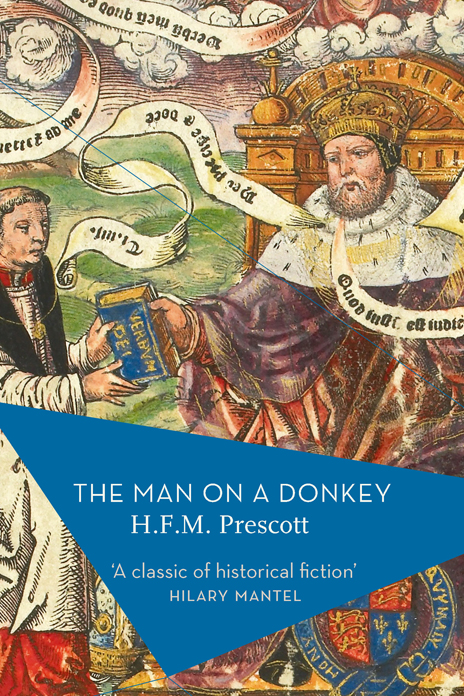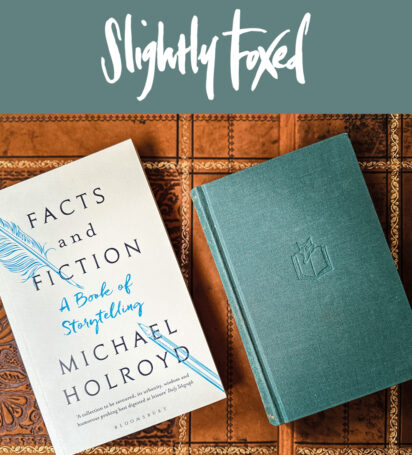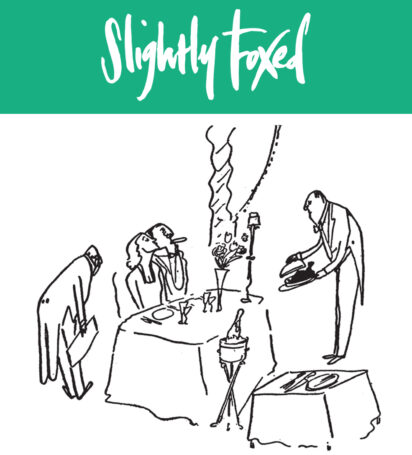In 1536, Henry VIII was almost toppled when Northern England rose to oppose the Dissolution of the Monasteries. The Man on a Donkey is an enthralling novel about a moment in history when England’s Catholic heritage was scattered to the four winds by a powerful and arrogant king.
Reviewed by Robin Blake in Slightly Foxed Issue 58.
Spiritual Reading
ROBIN BLAKE
Historical novels were well favoured if they told of the persecutions of the sixteenth and seventeenth centuries, Monsignor Robert Hugh Benson’s exemplary Come Rack! Come Rope! being a particular favourite. I don’t remember anyone proposing The Fifth Queen, Ford Madox Ford’s fitfully magnificent trilogy of novels about the rise and fall of Katherine Howard, of which the last volume appeared in 1908. Set against the background of the dismantling of Catholicism in England, it is all conspiracy and counter-plot, rush-lit passageways and darkened chambers. Perhaps too political and cynical to have received the housemaster’s nihil obstat, its plus points would be that Ford draws Henry’s penultimate wife – improbably in the eyes of many historians – as an idealist solid for the Old Faith who is pitted against the devious sociopath Thomas Cromwell, herald of self-admiring modernity.
This is the territory now monumentally occupied (though with a very different view of Cromwell) by Hilary Mantel’s Wolf Hall books. It is also the ground on which stands H. F. M. Prescott’s The Man on a Donkey, another immense novel that appeared in print roughly midway between the publication of the Ford and Mantel trilogies. This was one Tudor novel the monks were happy to see us reading during the retreat, and it is immediately easy to see why: the story begins in a religious house and, 700 pages later, leaves the reader emotionally in bits following the destruction of that house . . .
Extract from Slightly Foxed Issue 58, Summer 2018
‘A classic of historical fiction’ Hilary Mantel
‘In the pages of Slightly Foxed I have found my people . . .’
‘The current SF has many treasures; I’m especially struck by Sarah Perry’s piece on The Blue Field – I adore these blue flowers, admire Sarah Perry, and love ‘the Englishness of parsnip...
Read moreSpiritual Reading
Hilda Prescott was a professional historian, and a biographer of Queen Mary Tudor, who knew the sixteenth century like the back of her falconer’s glove. She was also a natural novelist who carried...
Read more






